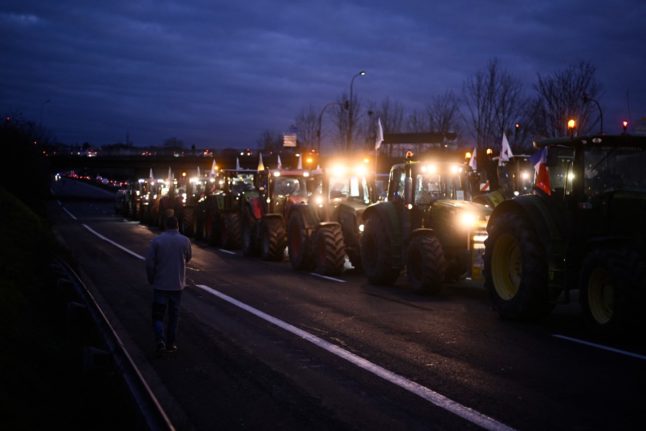The new infections in Småland in south central Sweden were discovered on two sheep on a farm near Traryd, north of Markaryd and represent the regions first blue tongue cases in the current outbreak.
So far neither of the animals has exhibited any symptoms, but a 20-kilometre area around the farm has been quarantined.
Tests have also confirmed that a suspected case of the disease reported earlier in the week at a dairy farm near Hörby in Skåne in the south of Sweden is in fact blue tongue.
According to the Ystads Allehanda newspaper, the dairy farm infection involves three animals from a farm in Pärup. The cases are the first to be reported in Skåne and a 20-kilometre quarantine area has also been erected around the infected farm.
The county administrative board in Skåne says a comprehensive vaccination effort is underway within the quarantined area, which boasts one of the country’s most high concentrations of cattle.
In addition to Hörby, portions of several neighbouring municipalities, including Höör, Eslöv, Sjöbo, Kristianstad och Tomelilla are also included in the vaccination programme.
The first cases of blue tongue was first discovered on September 6th on a farm in Halland in western Sweden, prompting a massive vaccination programme to impede the spread of the disease.


 Please whitelist us to continue reading.
Please whitelist us to continue reading.